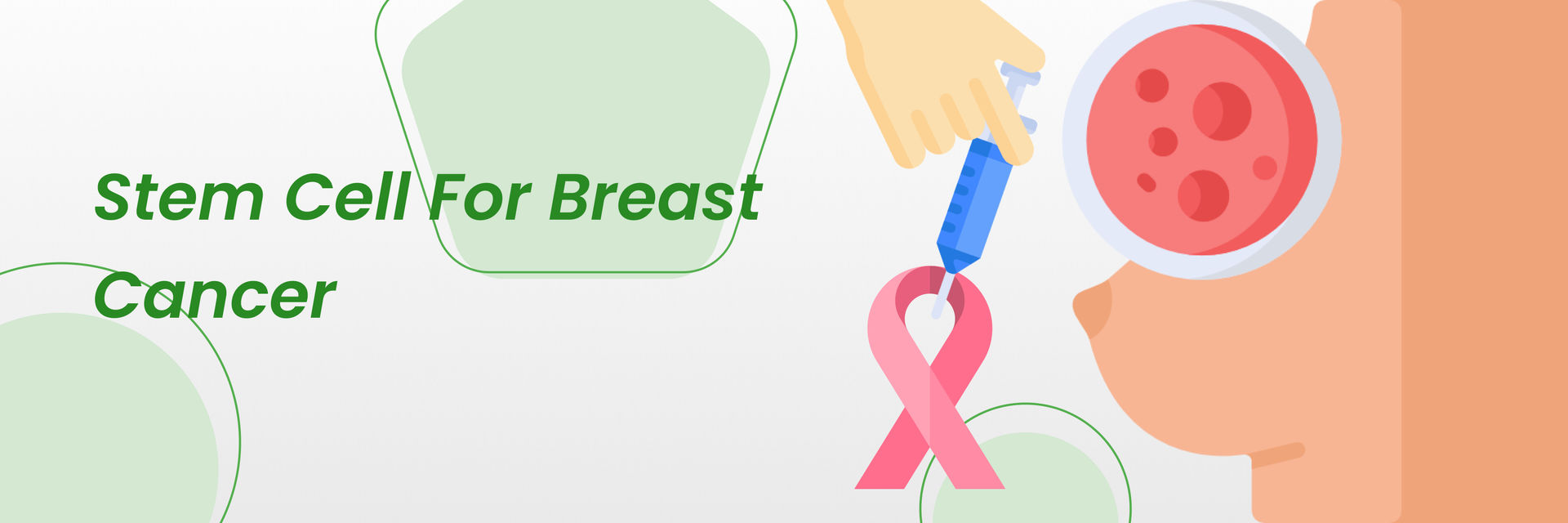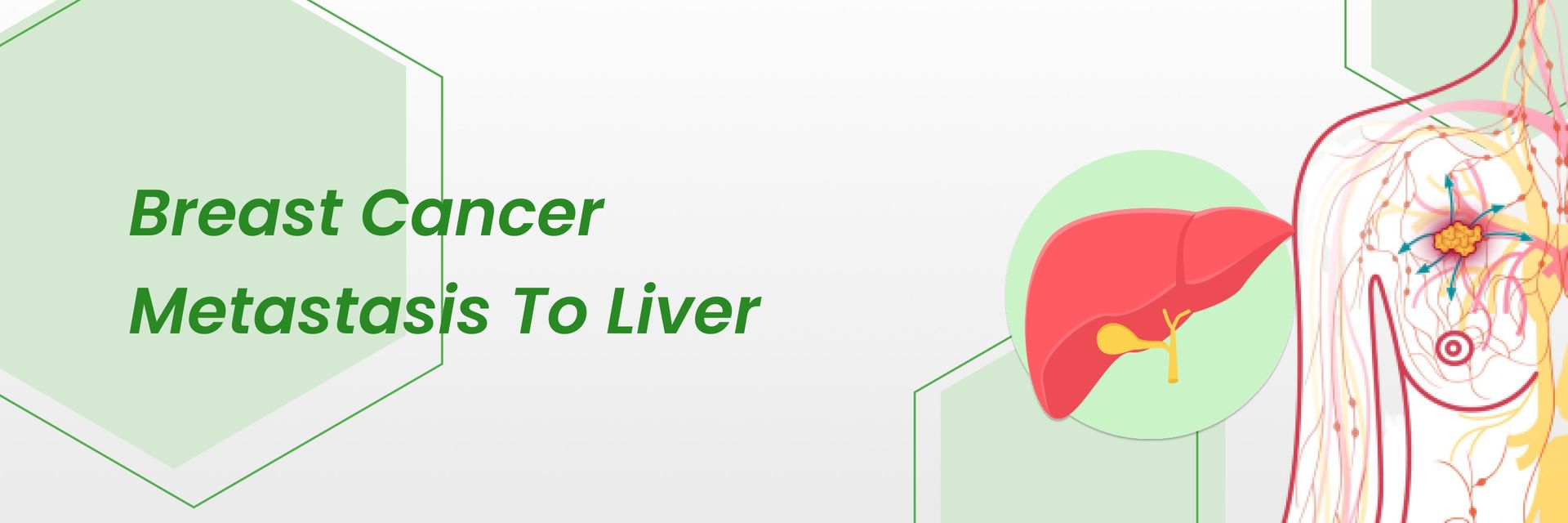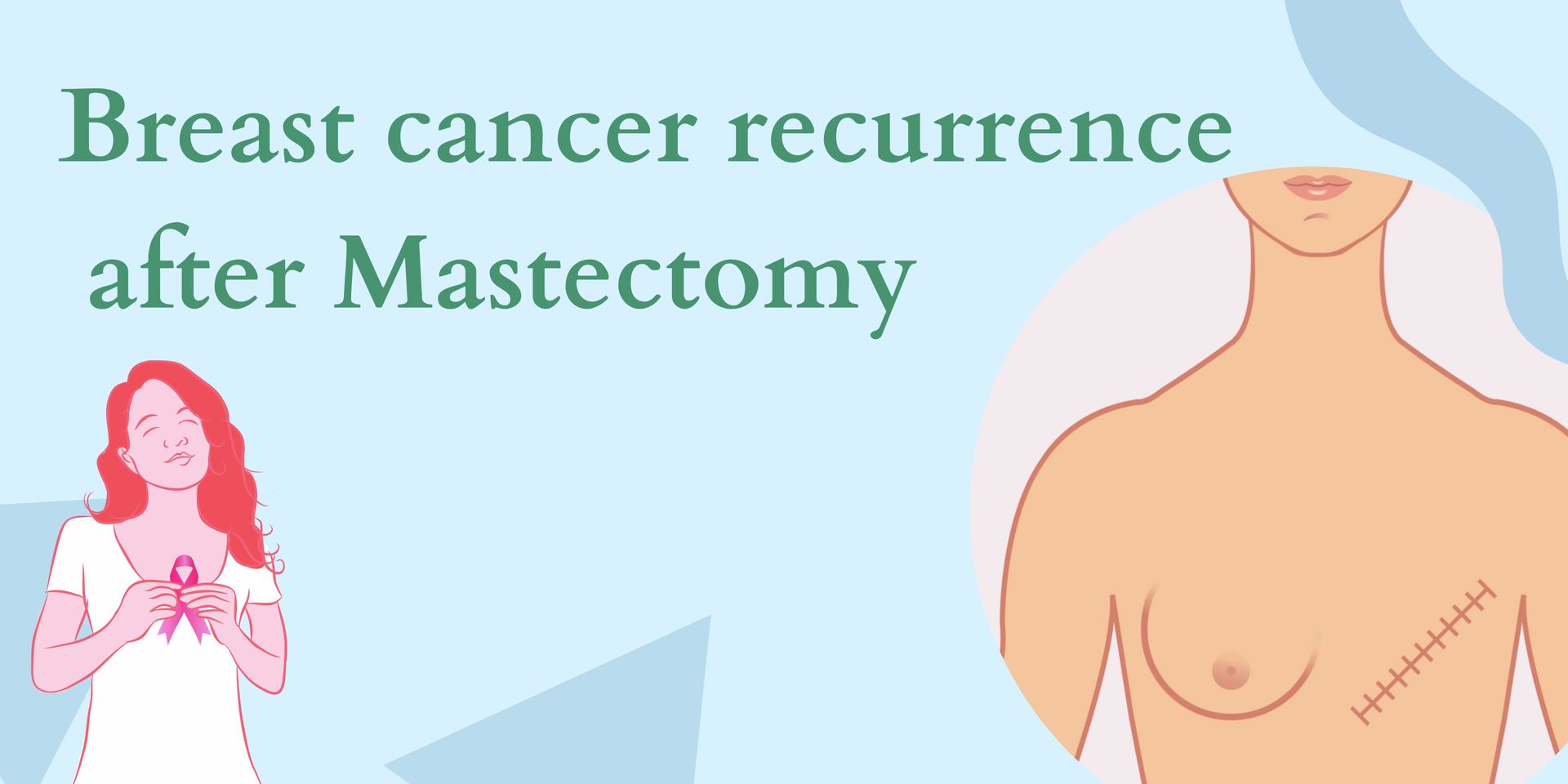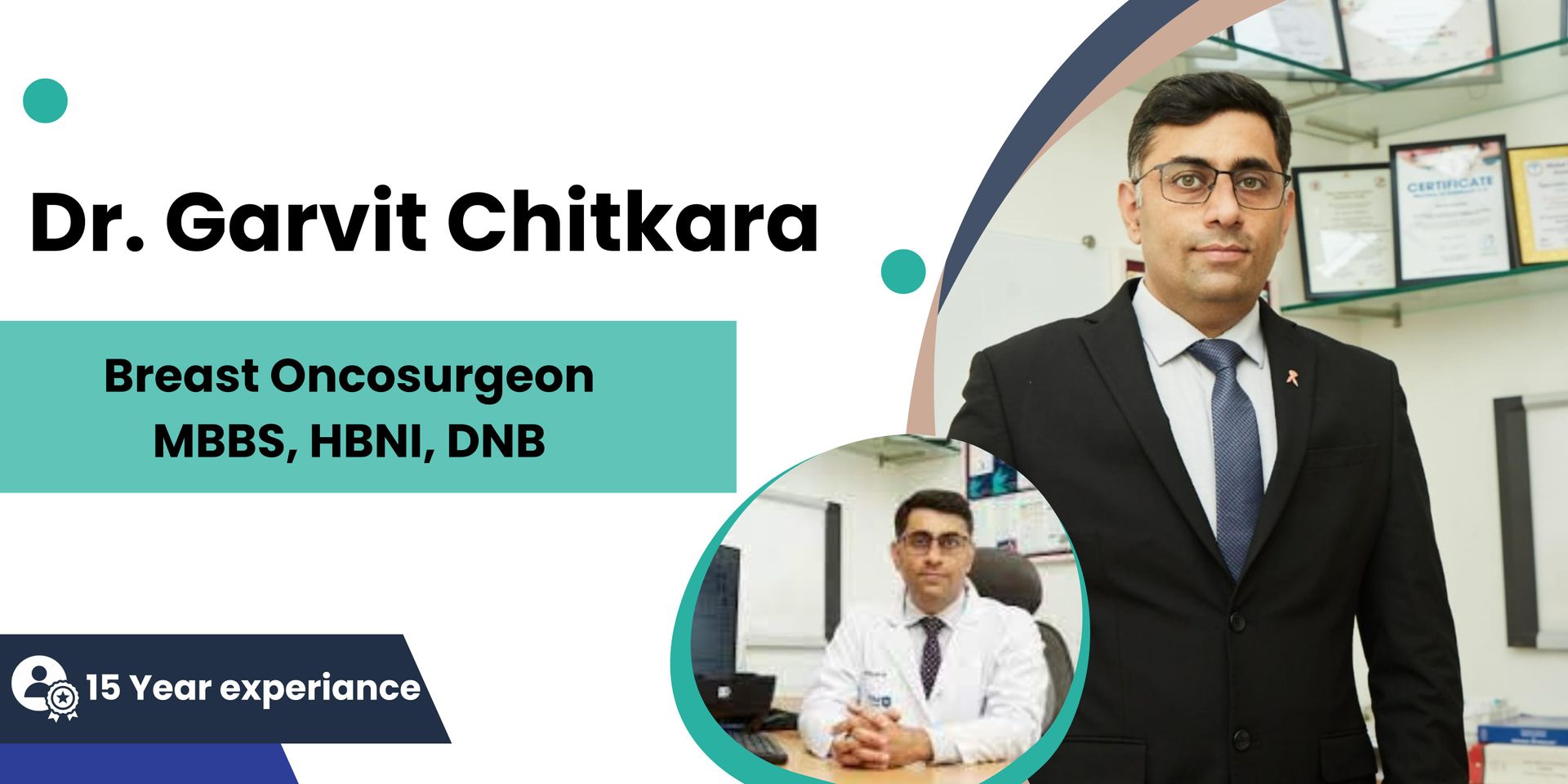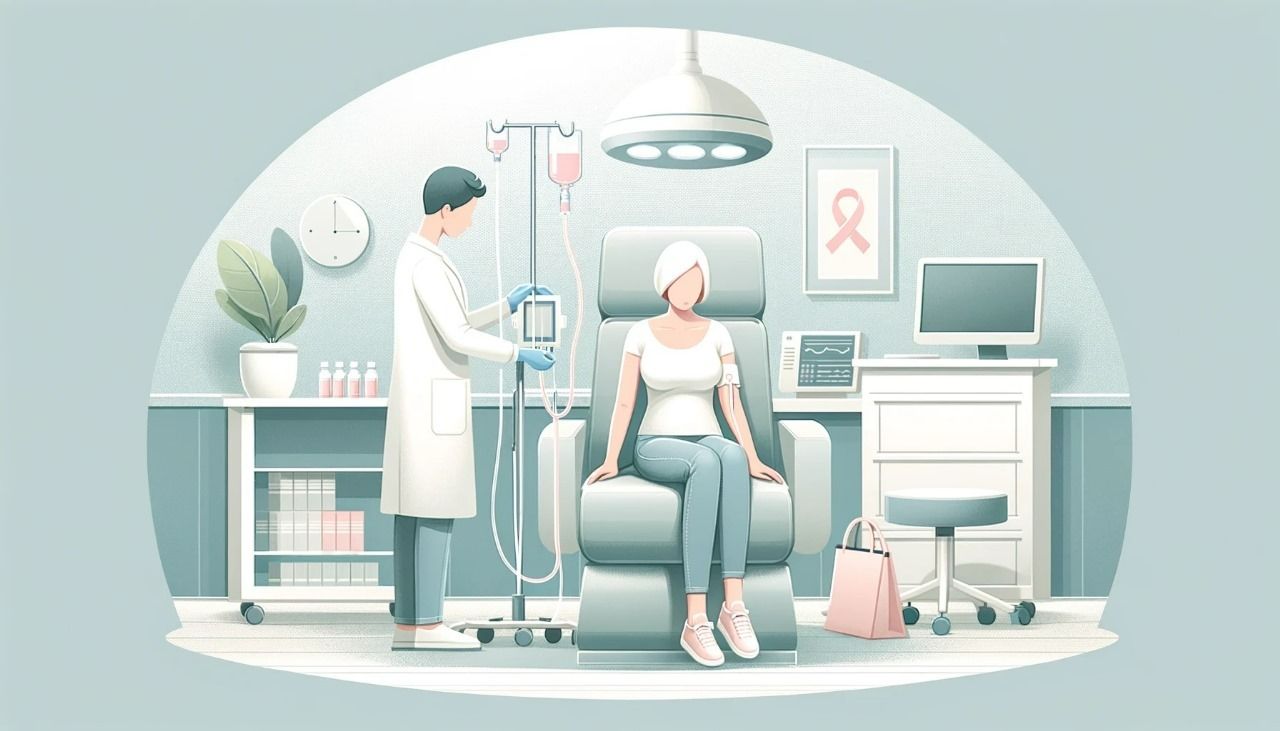Did you know?
Globally, breast cancer caused 670,000 deaths in 2022. In 2022, there were 2.3 million women diagnosed with breast cancer worldwide. Breast cancer was the most common cancer in women in 157 out of 185 countries in 2022
Breast cancer is a significant health concern for women worldwide, and understanding the relationship between breastfeeding and the risk of developing breast cancer is crucial. This blog aims to clarify myths and present facts. It is about its effect on breastfeeding and the protection breastfeeding provides.
Early detection can help you beat this disease, so regular screening is important. If you have noticed any unusual discomfort in your breasts or are trying to conceive, it is important to connect with the best cancer specialists in India, and they will guide you through the screening process and prevention methods.
Breast cancer can greatly hurt a mother's ability to breastfeed. This depends on the cancer stage, the tumor's location, and the treatment. Surgery, like mastectomy or lumpectomy, can reduce breast tissue. It may impair milk production. Also, chemotherapy and radiation are commonly used in breast cancer. However, they are not safe during breastfeeding due to risks to the baby.
Can Breastfeeding Lower the Risk of Breast Cancer?
Yes, it can.
Breast cancer can develop at any time, including after a period of breastfeeding. Breastfeeding has been shown to have many health benefits for the mother and child. It includes a lower risk of some types of breast cancer. Numerous studies suggest that breastfeeding can lower the risk of breast cancer. It's due to hormonal changes during breastfeeding. They delay the return of menstrual cycles. This reduces a woman’s lifetime exposure to hormones. These hormones, like estrogen, can promote breast cancer growth. Also, shedding breast tissue after lactation might help. It removes cells with damaged DNA.
Breast cancer is diagnosed in postmenopausal women, with the median age at diagnosis being 62 years. However, approximately 9% of new cases of breast cancer are in women younger than 45 years. In these patients, preserving fertility and breastfeeding ability is important for those who desire to continue breastfeeding or are already breastfeeding.
"Breastfeeding plays a crucial role in reducing the risk of breast cancer, offering both short-term and long-term benefits for both mother and child. By nurturing this natural bond, women not only provide vital nutrients for their baby's growth but also potentially lower their own risk of developing breast cancer later in life." - Dr. Donald, renowned oncologist in Mumbai
Chances of Developing Breast Cancer After Breastfeeding
- Breast cancer in lactating women is rare, accounting for about 3% of cases
- Women who breastfed for more than 13 months were 63% less likely to develop ovarian cancer compared to those who breastfed for less than seven months.
Can I Breastfeed After Breast Cancer Treatment?
Breastfeeding after breast cancer treatment is complex. It heavily depends on the type and extent of treatment. Women who have localized surgeries, such as lumpectomy, may still breastfeed. This is especially true if the cancer is in one breast and the other works well. But, treatments like chemotherapy and radiation might permanently impair breastfeeding. They do this by impacting the body’s ability to make milk.
What Are Safe Practices for Breast Cancer After Breastfeeding?
- Consult Your Healthcare Team: Before you start or resume breastfeeding, discuss it with your breast cancer specialist and a lactation consultant.
- Regular Breast Examinations: Schedule regular breast checks and mammograms as your doctor advises you to monitor your breast health.
- Understand Treatment Impacts: Understand how your cancer treatment might have changed your breast tissue and your ability to produce milk.
- Monitoring Complications: Be alert for any signs of infection or unusual changes in your breasts, especially if you had surgery or radiation.
Conclusion
Breastfeeding offers a protective effect against breast cancer, and women who breastfeed for extended periods have a lower risk of developing the disease. While breast cancer can occur after breastfeeding, it is important to note that the overall risk remains low. Understanding the benefits of breastfeeding and its impact on breast cancer risk can help you make informed decisions about your health and the health of your children.
FAQs
How Does Breast Cancer Treatment Affect Lactation?
Treatments like surgery or radiation can damage breast tissue. They can affect milk production. Chemotherapy might also need a temporary stop to breastfeeding. This is to prevent harm to the baby.
Are There Alternatives to Breastfeeding After Breast Cancer?
Yes, alternatives include using donor milk or infant formula. These options ensure that the baby gets the nutrients they need. They do so when breastfeeding isn't possible.
How to Manage Emotions If Unable to Breastfeed After Breast Cancer?
Feeling a sense of loss when unable to breastfeed is common. It's important to seek support from family, friends, or professional counselors. Engaging in other bonding activities with the baby can also be beneficial.
